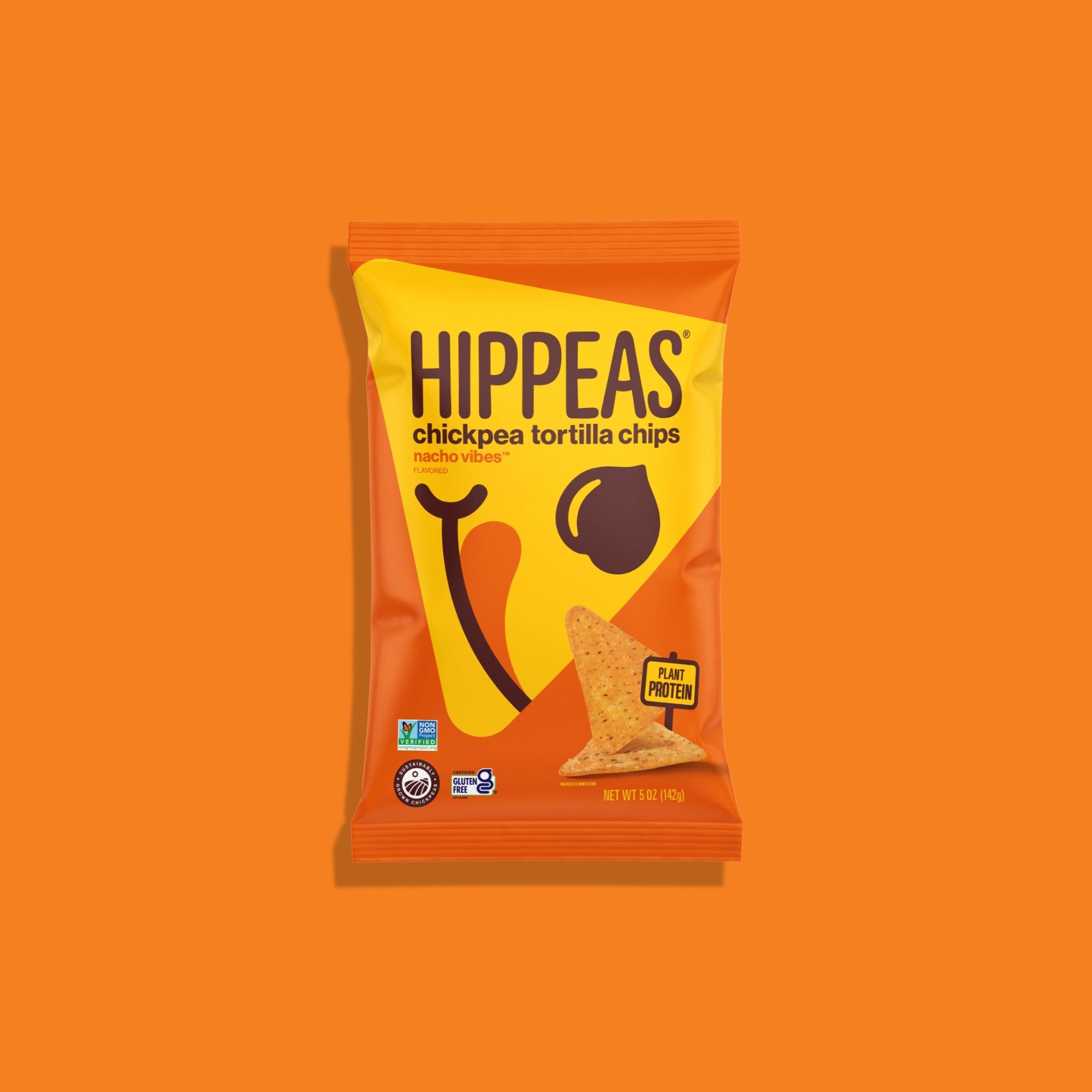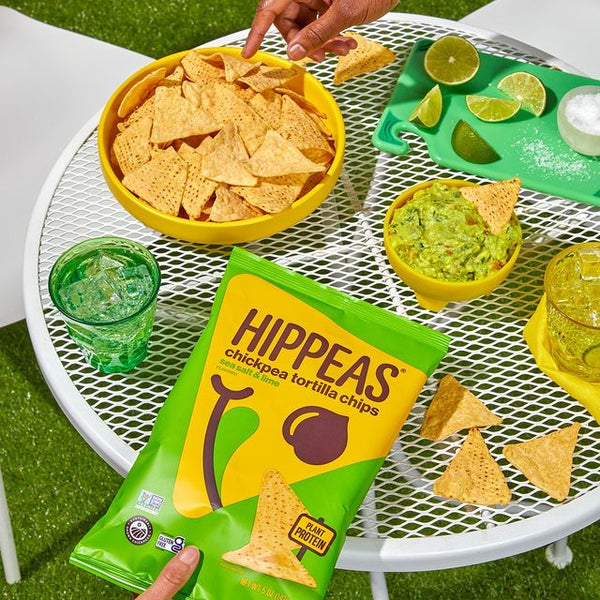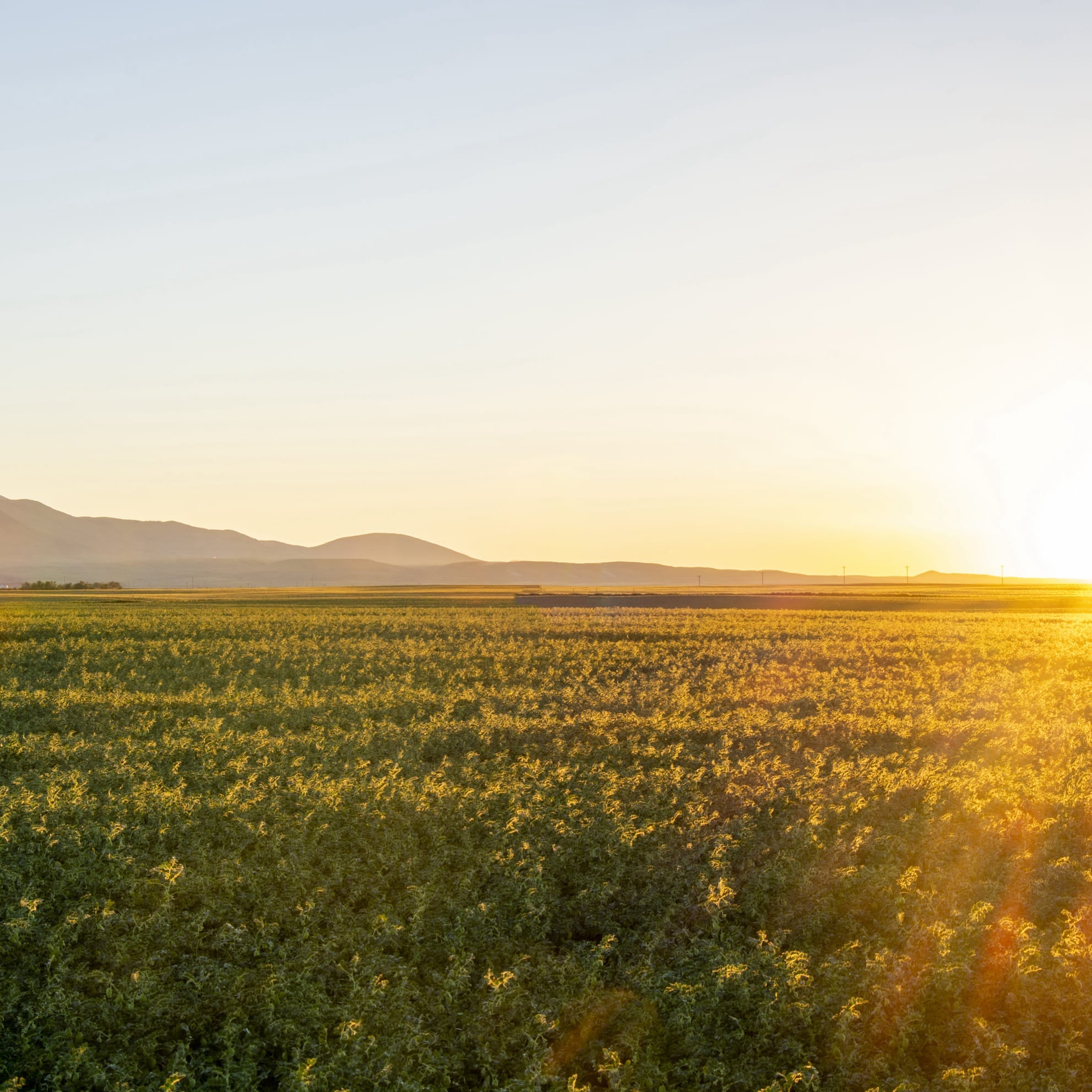
We’re on a mission to shake things up
At HIPPEAS, we believe sustainable farming (and snacking!) is totally the way forward.
We are dedicated to growing our commitment to regenerative agriculture through farmer partnerships and responsible sourcing practices. Regenerative agriculture focuses on rebuilding soil organic matter and restoring degraded soil biodiversity. Join us on our journey to shake things up!
What does sustainable farming mean to HIPPEAS?
Our chickpeas are farmed using sustainable methods such as:
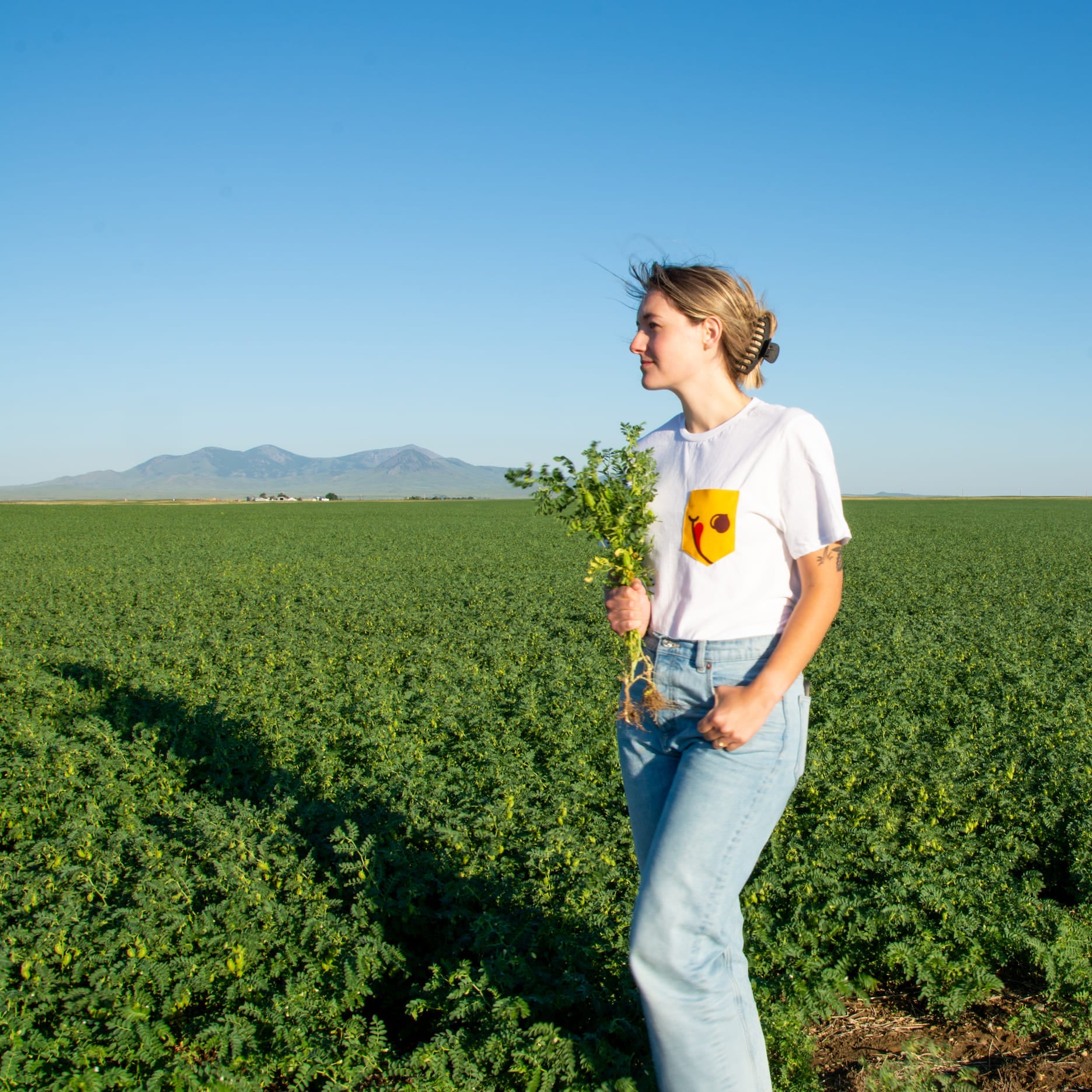
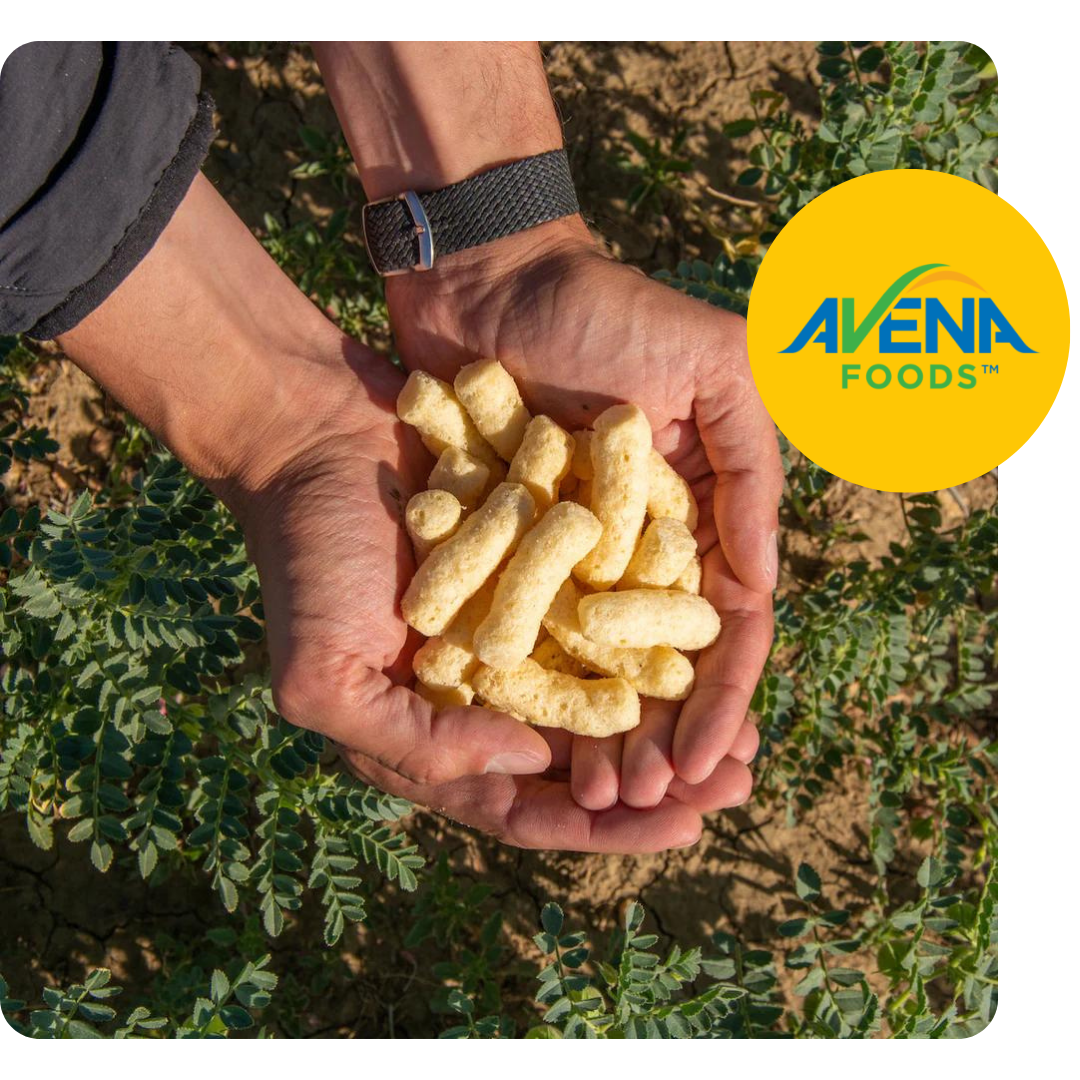
That’s why we’re piloting a Regenerative Agriculture Pilot Program with Canadian Specialty Pulse & Oat miller, Avena Foods Limited.
Visit Avena Foods' WebsiteBy sponsoring this assessment, HIPPEAS seeks to measure the impact of regenerative farming methods on soil health, biodiversity, and nutrient density. We’re all about feeding the world sustainably by spreading the PEAS & Love with these mighty superfoods of the future!
What The Avena Pilot Program entails
Regenerative agriculture is more than just a buzzword; it's a holistic approach to farming that aims to revitalize our ecosystems, improve soil health, and combat climate change. It goes beyond sustainable practices to actively restore and regenerate the environment.
Click on the circles to learn more.


Intercropping for Climate Resilience
We're evaluating intercropping, where crops are grown together to maximize synergies and reduce our farming carbon footprint through scientific modeling to mitigate climate impacts.
Soil Health and Vitality
Healthy soil is the bedrock of sustainable agriculture. Our commitment to enhancing soil health on our farms directly boosts crop productivity and ecosystem resilience, rejuvenating the land we cultivate.
Preserving Biodiversity
Biodiversity is key to a thriving ecosystem. By supporting regenerative farming, we aim to protect and even increase biodiversity on our farms, creating habitats for various species of plants and wildlife.
Nutrient Density
We're not only concerned about quantity but also quality. Regenerative agriculture can lead to more nutrient-dense crops, ensuring that the food we produce is not just abundant but also nutritious.
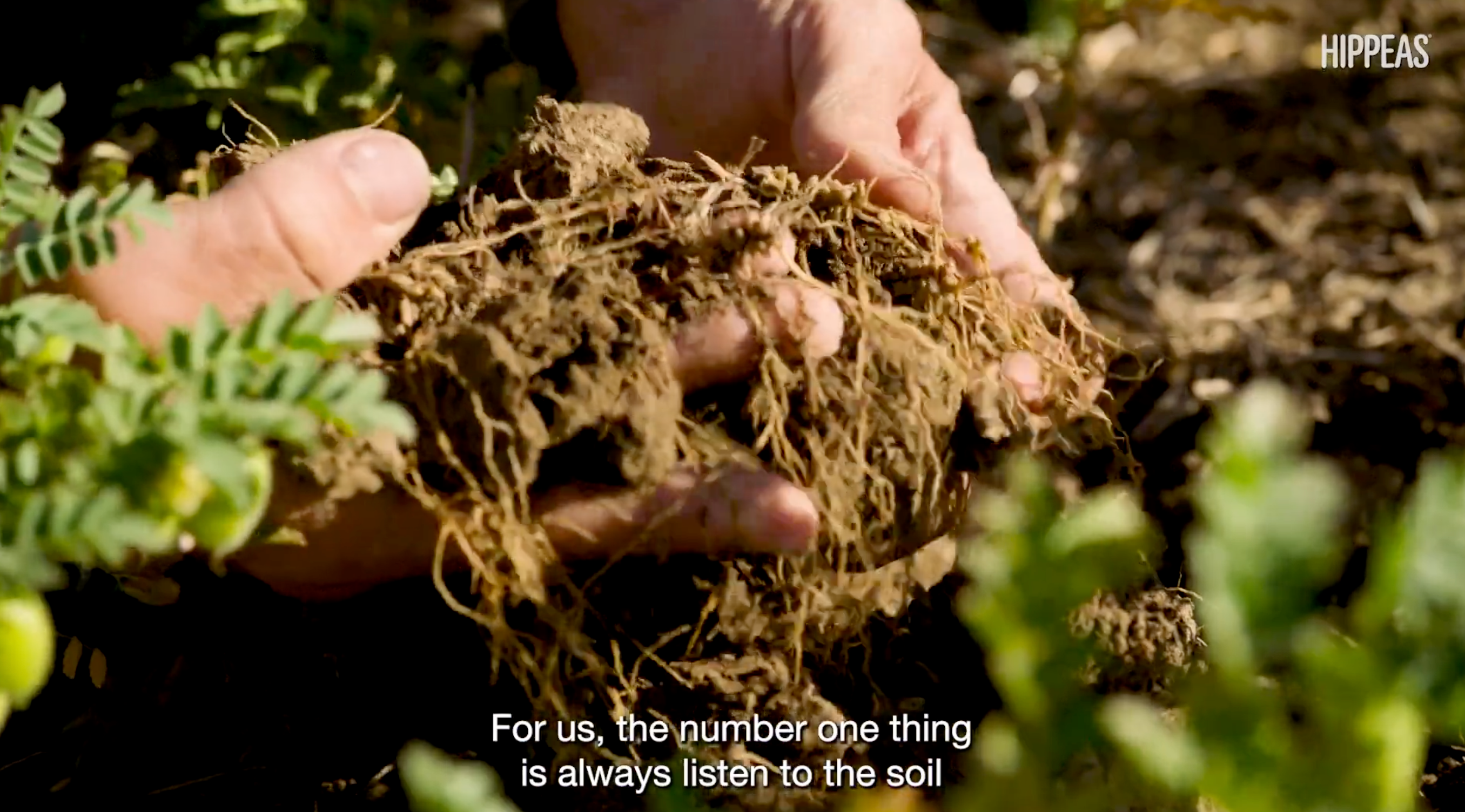
play

